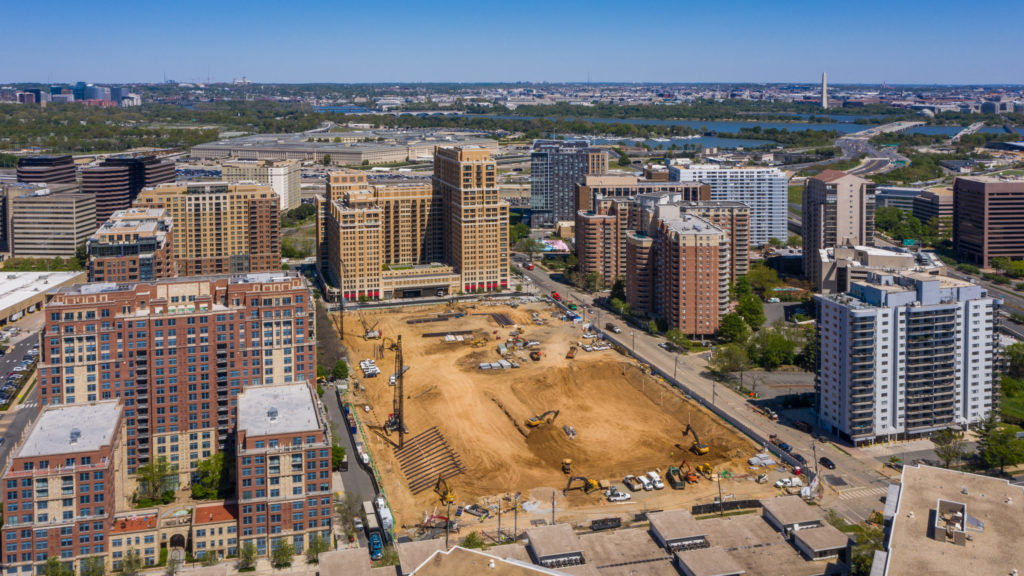The FWD #139
313 words
A commitment from Amazon promises 1,300 units of mixed-income in Arlington to mitigate the impact of the tech giant’s new HQ in the region.
Private companies have made several big commitments to affordable housing over the past several years. Google ($1 billion), Apple ($2.5 billion), Facebook ($1 billion) and Microsoft ($750 million) all launched housing initiatives in recognition of the fact that large employers like these tech giants have a major impact on local housing markets, namely higher rents and home prices. This occurs when there is an influx of higher wage employees into an area where housing supply is already constrained.
Virginia is the latest beneficiary of this trend. Amazon announced last week that it would commit $2 billion to affordable housing in three metropolitan areas where it expects to have more than 5,000 new employees. These communities include Arlington, Virginia as well as Seattle and Nashville.
The commitment to Arlington is at least $340 million in the form of below market rate loans and grants to the Washington Housing Conservancy. The nonprofit Conservancy was established to help implement the Washington Housing Initiative, an ambitious plan to expand affordable housing throughout the region. The initiative was launched by the Federal City Council and JBG Smith, a private developer.
The Conservancy has already announced the first Amazon funded project: a Crystal City apartment community where affordable rents will be preserved and additional new homes will be developed. Amazon is the last of the “mega” tech companies to announce a commitment to affordable housing. Nearly all of these initiatives feature a mix of equity, debt, and grants. They will rely on traditional, market driven methods and participants to achieve their goals.
Two key questions: Will non-tech companies join this trend? Will these strategies succeed in achieving their production and preservation goals? Stay tuned to future editions of The FWD for updates.
